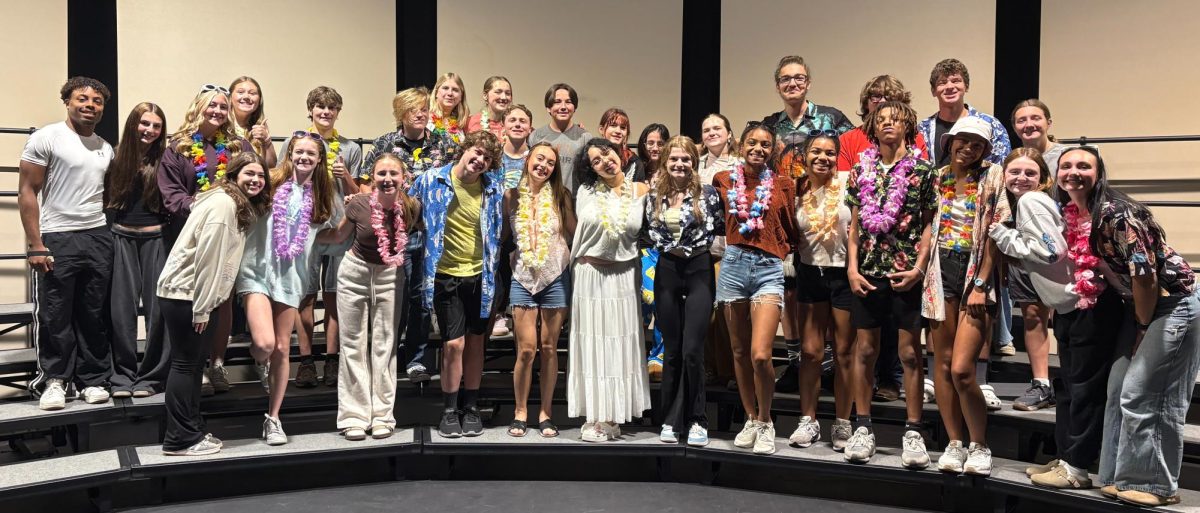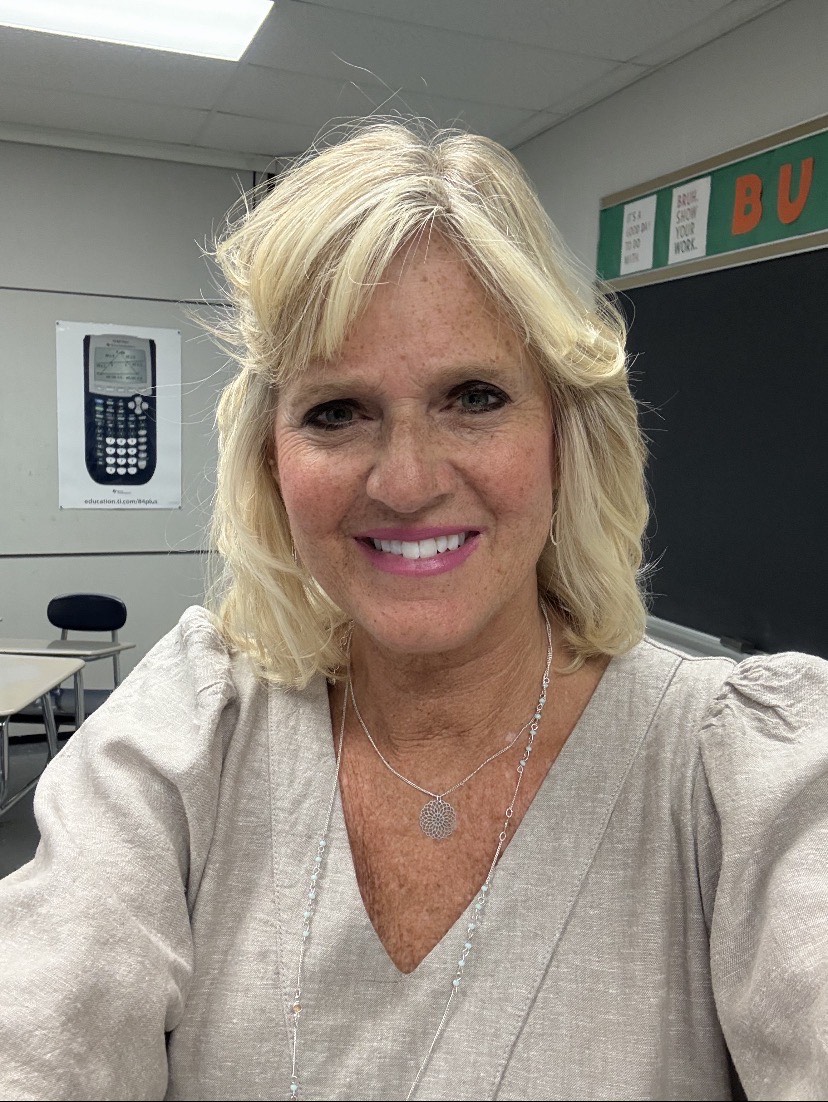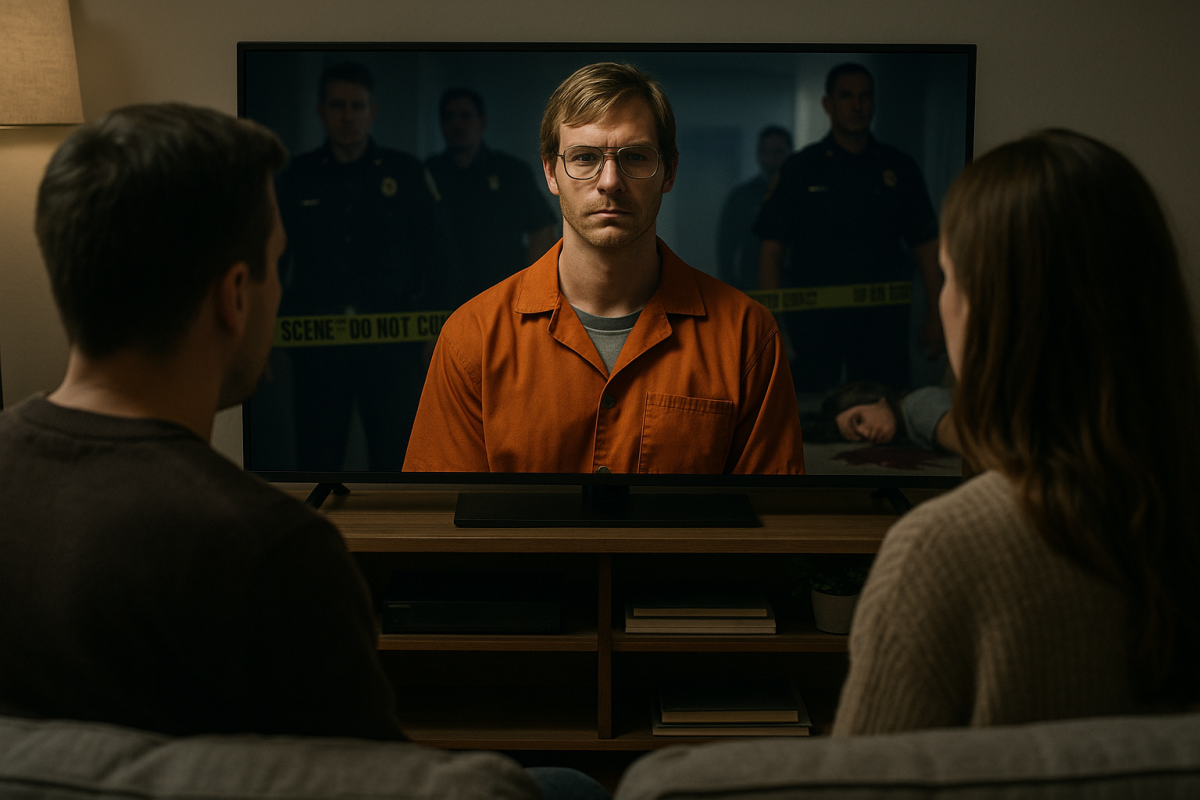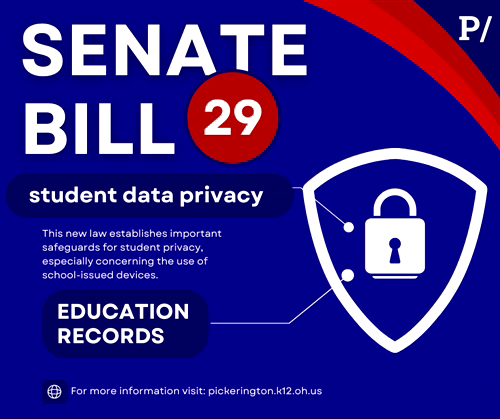Democracy is founded on the ideal of civic participation. It is derived from the proposition that a citrentry taking responsibility for creation of the law will so accept its bounds. That “acceptance” is rooted in a single, imperative sense of fairness. At the legislative level, that “fairness” is codified by parliamentary procedure. Our current slate of legislators have dispensed with the spirit of these statutes in order to score short-term political gain at the expense of destroying the social contract.
One such example are the changes made to the Senatorial filibuster. The filibuster is not enumerated in the Constitution and only became suppositionally possible by a change of debate canon in 1806. Originally a delaying tactic during which marginal votes could be swung by members working the gallery, it has seen escalated use in recent years. As the Senate places few restrictions on debate, a Senator is entitled to speak for as long as he wishes about whatever he wishes in order to delay or block a vote on a piece of legislation. In its current iteration, the threat of the filibuster carries significantly more weight than the act of a Senator speaking for hours. This chokes out not just voting, but debating the legislation and procedural maneuvering in general. At present, a group of 41 or more Senators can simply threaten a filibuster, leading the Senate Majority Leader to abstain from calling a vote without anyone having to take the floor. This prevailing “silent filibuster”, propounded in 1972 by Senator Mike Mansfield (D, Montana), thereupon robs the people of hearing the merits of considered legislation. A young person taking an interest in politics is thus never exposed to the ideas behind the policy or the criticisms of those who might oppose it.
In the modern world, the void left for the filibuster is assumed by grandstanding. During testimony in Congressional committees, legislators use their time to propel a plethora of hyperbolic, morally weighted language designed for social media propagation. Sensationalism more suited for fundraising off soundbites than legislating. Their hostile political rhetoric comes to fruition in the form of momentous and often despotic policy suggestions of indeterminate constitutionality. Of late, these policy suggestions have been concentrating on the previously uncontested freedom of expression and privacy corpora. Such policies are presented solely for theatrical purposes. They are arbitrary, not questions of jurisprudence or Constitutional interpretation and often use equivocal language, theoretically allowing states overbroad application. When the aforesaid ideaology make headlines, young voters are left feeling fatigued by the sensationalism.
Phoebe Ensel ‘25 claims, “Personally, I like to learn about government and hear different sides to controversial topics, but I think it’s how heated and mad people get over the topics that upsets me and gets tiring rather than the topic itself”.
Fortunately, the City of Green provides several opportunities for high school civic engagement that may restore a fervor for the democratic process. The city offers the Student Municipal Representative program (SMRP), which allows high schoolers to see how their government operates on the metropolitan level by permitting them to serve on various boards and commissions as non-voting members. The upstanding individuals involved are model council members and quintessentially democratic; the voice of Green’s inclusive community prevails in every office as the opinions of all citizens are taken into careful consideration. In many respects, the chance to see a small group of thoughtful and committed citizens manage a city that we all know and love is nothing short of remarkable. Another opportunity not to miss is the AP United States Government and Politics course taught at Green High School. Taught in a thoroughly concise and compelling manner, the course allows students to delve into the workings of government and become a more industrious political participant.
“Programs like the SMRP and [AP United States Government and Politics] are so important. From I own experience, I started both of these during my junior year, and I feel like I’ve learned so much,” Kristin Groen ‘24 posits, “[The] SMRP is so amazing because it gives students the opportunity to directly participate in their local government…in addition, [AP United States Government and Politics] taught me a lot about politics on the national level. In that class, you really get to learn about how vital participation is to the function of the government.”
Categories:
Parliamentary Procedure
The Case for Young Voters
Story continues below advertisement
0
Donate to Paw Print
$125
$1000
Contributed
Our Goal
Your donation will support the student journalists of Green High School. Your contribution will allow us to purchase licensing, equipment, software, and cover our annual website hosting costs.

































